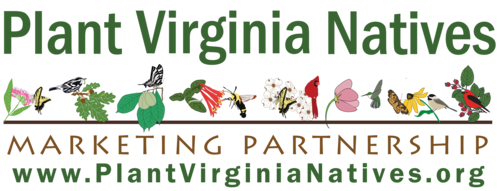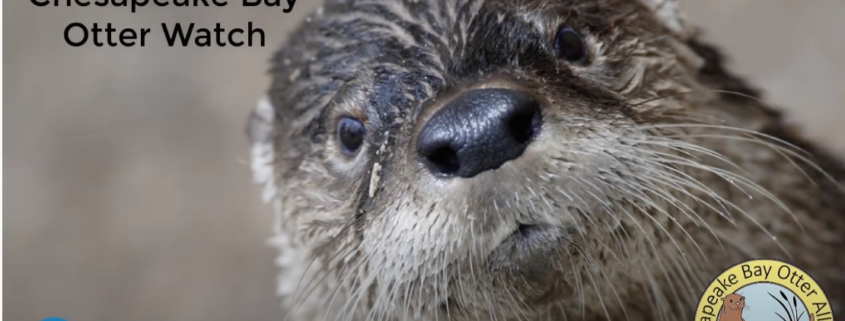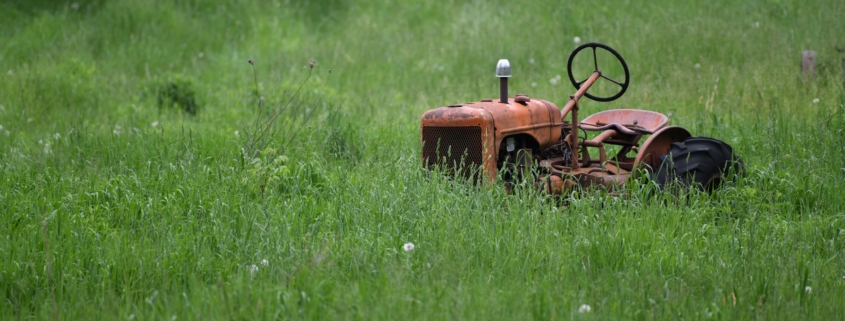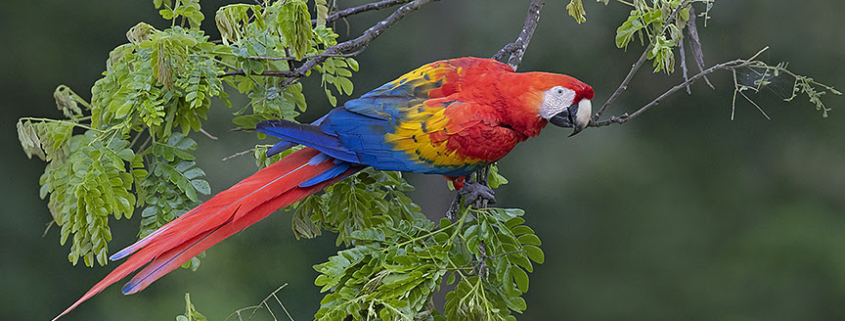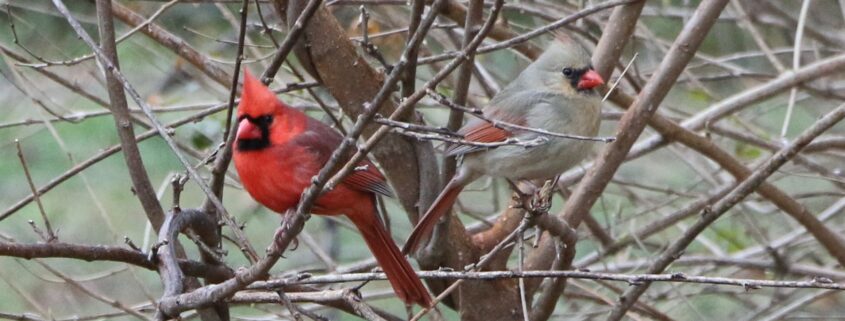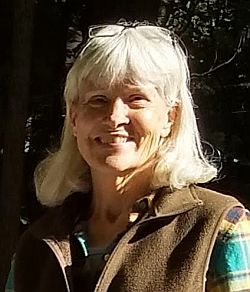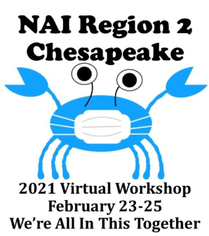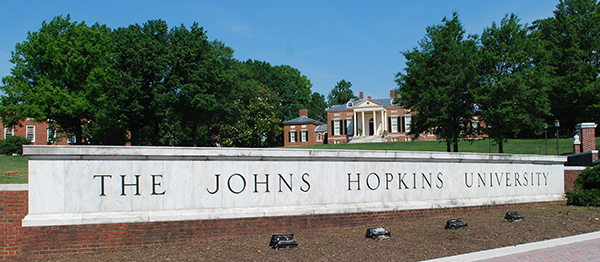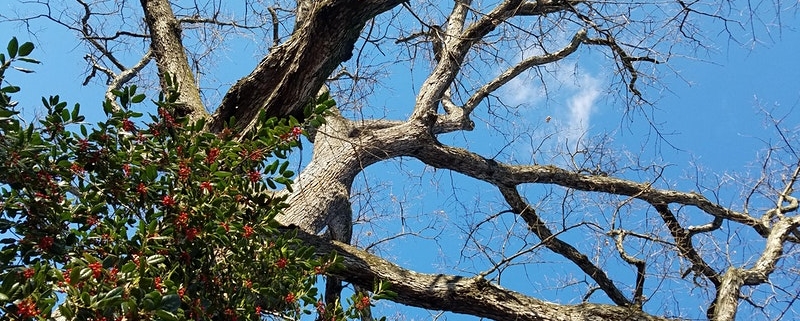Coursera offers this excellent 7-hour intro-level class from Johns Hopkins (no charge so long as you don’t need the certificate). In addition to the easy-to-follow lectures and short assessments, the class offers downloadable reports and other resources, and enables you to download the videos and slides as well.
Overview
What we eat and how we produce that food have significant effects on human health and the sustainability of our planet. But what is a ‘sustainable’ diet? A sustainable diet, as defined by the FAO, promotes health and well-being and provides food security for the present population while sustaining human and natural resources for future generations. This short course looks at the urgent need to address the sustainability of our food systems, including better understanding the complex relationship between diet and climate change. Learners explore current research on dietary shifts needed in high, middle, and low-income countries to achieve both sustainability and food security goals and discuss evidence-based strategies to promote sustainable diets. This course is offered by the Johns Hopkins Center for a Livable Future and draws from the graduate-level food systems curriculum at the Bloomberg School of Public Health. You may also be interested in our eight-week flagship Coursera course, “An Introduction to the US Food System: Perspectives from Public Health”.
Introduction to Food Systems Sustainability and Public Health
Our food system is much more than a supply chain that brings food from the farm to your plate. What is a food system? How can thinking about food as a system help us understand and address the messy overlapping issues of diet, food production, planetary health and climate change? What does ‘sustainability’ mean, in the context of food systems, and is it the same as resilience? How has COVID-19 pandemic amplified the many challenges faced by vulnerable workers and consumers? Roni Neff addresses these questions – and many more – in this opening series of lectures.
Sustainable Diets and Climate Change
What defines a sustainable diet? Why do sustainable diets matter? And what might sustainable diets look like in the US and around the world? The answers may surprise you. In this engaging and thought-provoking set of lectures, Brent Kim will address these questions and explain recent research that compares the impact of different diets on greenhouse gas emissions and water use across 140 countries.
Strategies for Advancing Sustainable Diets
The final week explores sustainable diets through the lens of a public health practitioner and registered dietician. They apply the concept of a sustainable diet to different parts of the world, considering the nutritional needs of different populations and why it is difficult to define a ‘sustainable’ diet for everyone. They share evidence-based strategies for communicating about sustainable diets and how different sectors can play a role in advancing change.
For FMN members: The course has been submitted to the continuing education calendar for credit. check back for information on approval.


